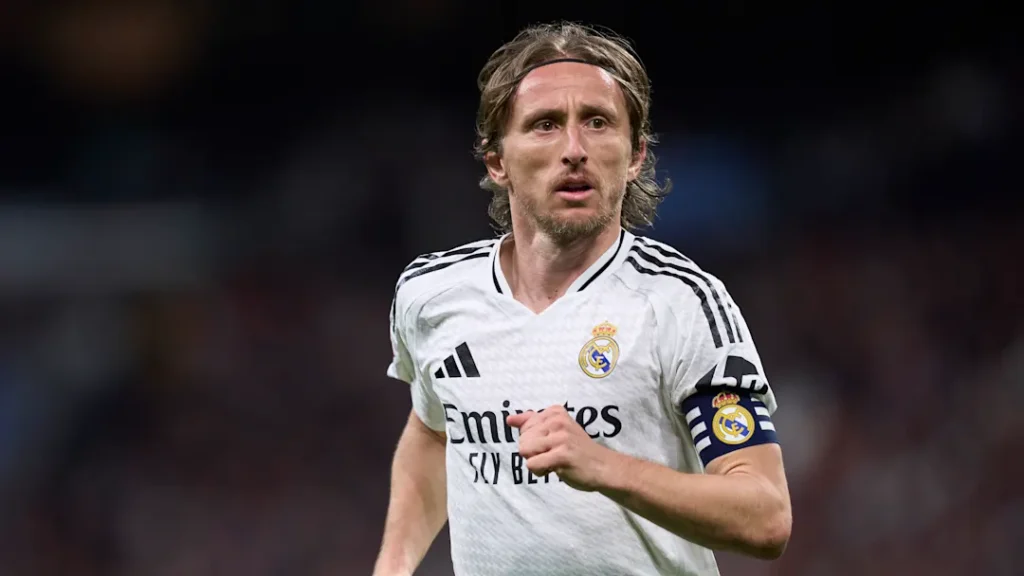
Luka Modrić, a true legend of Real Madrid, has confirmed his departure from the club following the 2025 FIFA Club World Cup. His exit marks the end of an illustrious 13-year career at the Santiago Bernabéu, during which he became the winningest player in Real Madrid history, securing an astounding 28 trophies, including six Champions League titles. While the news might come as a surprise to some, the reality is that Modrić’s future at Real Madrid has been a subject of increasing uncertainty.
Several key factors contribute to the decision for the Ballon d’Or winner to move on:
Contract Expiration and Lack of New Long-Term Deal: Modrić’s current contract is set to expire on June 30. Although he will sign a temporary extension to participate in the FIFA Club World Cup until July 13, he will not be signing a new long-term deal to remain in Madrid for at least another season. The club statement explicitly revealed that Modrić and Real Madrid “agreed to bring an end to [Modrić’s] unforgettable time as a player.”
Club’s Youth-Oriented Future Vision: Real Madrid is actively building a squad for the future, heavily investing in young, talented midfielders. The likes of Jude Bellingham, Fede Valverde, Eduardo Camavinga, Aurélien Tchouaméni, and Arda Güler represent the core of the club’s midfield for years to come. At 39 years old (turning 40 in September), Modrić simply does not fit into this long-term strategy. The club is prioritizing the development and integration of these younger players.
Managerial Preference vs. Club Strategy: While recent reports indicated that incoming boss Xabi Alonso had expressed a desire for the Croatian to stay, he will only get to manage his former teammate for the duration of the FIFA Club World Cup before their paths diverge. This suggests that the overarching club strategy regarding squad evolution has taken precedence.
Pursuit of New Midfield Signings: The news of Modrić’s departure comes amid reports that Los Blancos are targeting a “blockbuster midfield signing” this summer. With the recent departure of Toni Kroos and now Modrić, Real Madrid faces the significant challenge of replacing two irreplaceable figures who have defined their midfield for over a decade. This necessitates bringing in fresh talent to maintain their competitive edge.
In essence, Luka Modrić’s departure is a strategic decision by Real Madrid to usher in a new era, focusing on youth and long-term development, even as they bid farewell to one of their most iconic and successful players.
